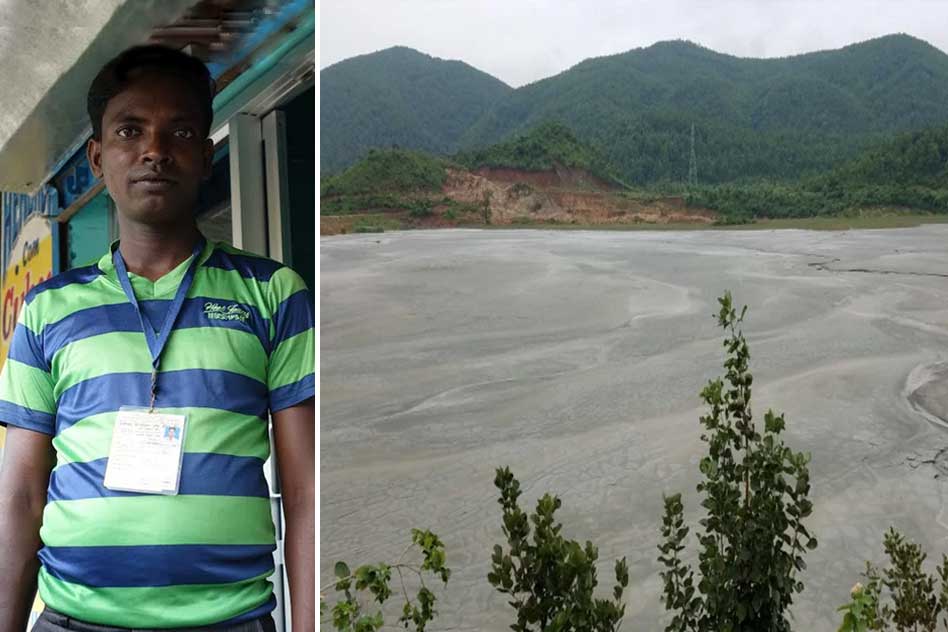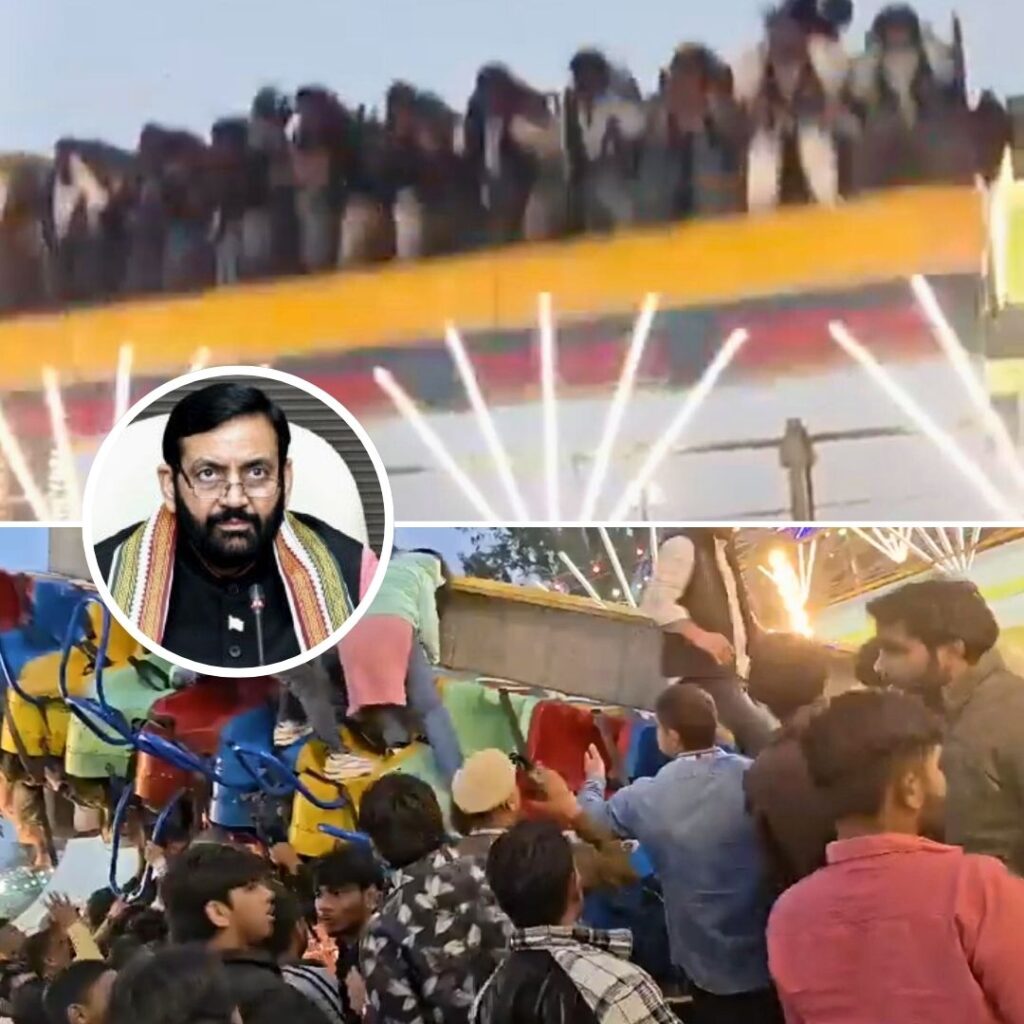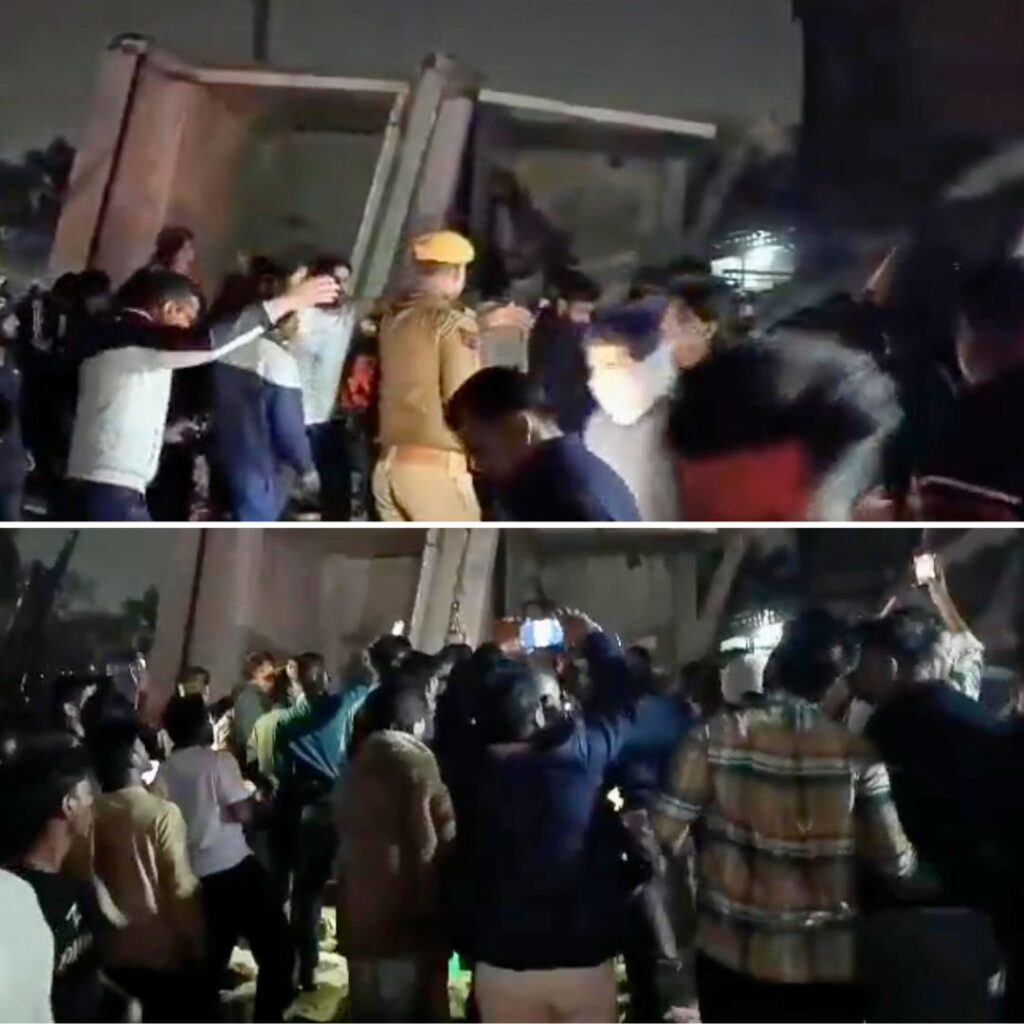While cycling solo, I’ve always had the best coincidences. I feel that nature just takes care of me while I surrender myself to its elements, discovering what it has to offer to the lone traveler. This is self-evident when I meet some of the best activists and people who’ve been fighting for the rights of the tribals and those who’ve been wronged by the government’s apathy.
I’m on a 900 km solo cycling expedition through Jharkhand to highlight the plight of tribals because of mining and displacement. My first stop is at Jamshedpur, 115 km from Ranchi in Jharkhand.
It is 7 am, I’m at the hotel entrance in Jamshedpur, and I am greeted by labor on his motorbike. This young, 21-year-old affable activist is Arjun Samat. “Where is your cycle?”, was his first question. When I tell people, I’m on a cycling expedition; they usually expect to see the bike by my side at all times.
I explain that I normally ride the bike to the main town or village. And that, it is at the guesthouse while we visit the community and villages. He takes me to a chowk in Turamdih, about five km from Jamshedpur, where around 10-15 men are sitting with their bikes parked nearby. There’s a discernible tension among the people, and they keep turning to look at the building which reads UCIL (Uranium Corporation of India Limited). Arjun tells me that we will be waiting for some of the men to return from the UCIL office and then discuss at length.
Turamdih is among the more recent of the five Uranium mines that were started by the Uranium Corporation of India Limited, back in 1954 when it initiated India’s first Uranium mining. This is on the Howrah-Mumbai main line and was commissioned in 2003.
Founded in 1967, the UCIL is a Public Sector Undertaking (PSU) under the Department of Atomic Energy for uranium mining and processing. The centrally owned Corporation is responsible for the mining and milling of uranium ore in India. Uranium is the main fuel source for running the nuclear power plants that are installed in the country and India presently generates about 2% of its total energy from nuclear sources.
Arjun tells me that the contractual labour at Turamdih are having a dialogue with the UCIL officials to try and negotiate an issue over conducting medical tests for the contractual staff. I express my surprise at the mention of contractual labour at the uranium mine. Isn’t there permanent labour to do these jobs? Isn’t this a highly sensitive commodity? How is it being mined by contractual staff then?
Suku Heramb escaped alive from the nuclear mine accident of May 2016 which killed 3 people in Turamdih.
He smiles, as he did quite often during our time spent together. “One of the most sensitive and important parts of nuclear mining is done by the contractual labour at ₹300 a day. They are not given any medical or health benefits, no protective suits or safety gear. In fact, a few months ago, in May, there was an accident, where a section of the mine collapsed, and two workers lost their lives inside one of the mines. The families seldom receive any compensation for deaths occurring during work”. “So what is the discussion about today?”, I asked. “The company has made medical tests for all contractual daily wage labour compulsory”. “Isn’t that a good thing?”, I asked naively. “It is”, he claimed. “But they want the labour to do the test themselves, the contractor is saying that it wasn’t mentioned in his work order at the beginning and as such, he cannot bear the expenses now. The cost per person is about ₹3500, and that is about 10 days wage for the labor”.
“What happens if the labor is diagnosed with some medical problem due to exposure? Or respiratory disorders? ”, I asked, as my curiosity increased. “That is exactly the dilemma most of them are facing”, said Arjun. “Without a medical certificate, they won’t be able to work, and if the medical certificate throws up some ailment that is most probably caused by exposure to radiation or fine particulate matter, due to working in the mines, the contractor will ask them to leave”.
I asked him whether the displaced villagers who’ve lost their lands are given jobs in the uranium mines. “The mines are situated on land which was originally inhabited by the villagers of this area. After they were displaced due to mining, some of them received jobs. Even for the unskilled jobs, not every working member of the displaced family gets a job. This, in fact, creates disparity within families, where one brother may get a job and the benefits therewith, whereas the other brother has to search for daily wage labour work. This is increasing the rift among families and sprouting economic disparity within the villages. Children of employees go to central schools, get medical access and better employment opportunities, whereas the other members of displaced families are forced to live a wage based life and seldom make progress on the human development indicators of health, nutrition and opportunity.”
We then head over to a tailing pond on Arjun’s motorbike. A tailing pond is where the tailings i.e. uranium mining waste, in the form of a slurry, are stored in an artificially constructed pond. The pond may be lined at the bottom, or not. In this case, the pond isn’t lined, as informed by Arjun. “This is a 64-acre tailing pond and takes the waste of ore processing from the nearby plant. The ore is mined, refined and sent to Hyderabad for further processing. Until recently, the nuclear waste from Hyderabad plant was also being brought and dumped in this tailing pond. But after protests by us activists, UCIL was forced to stop.”
“This radioactive slurry is being stored in the open, doesn’t this pose any health and environmental hazards?”, I ask. Arjun smiles at me and says, “You are not even from here, and you understand this basic fact, but somehow the DAE (Department of Atomic Energy) and BARC (Bhabha Atomic Research Centre) officials don’t acknowledge this fact.” “Has the pond ever overflown?” I shudder at that thought. “Yes, in 2003, it rained a lot continuously. The tailing pond overflowed into the neighboring farms. It killed all the crops that year. Not only that but some small animals too, died by ingesting that water. The groundwater has been polluted, and the company won’t admit it. However, they have asked the nearby villages to stop using ground water and are instead being told to take water from the multiple water points installed by the company. During summers, the slurry dries up and gets carried by the wind all around the pond, to neighboring villages.”
A toddler rests in Turamdih village merely a few hundred meters from the nuclear tailing pond.
We visit a village, which is less than 100 meters from the embankment of the tailing pond. An infant is furiously kicking a cat on his charpai, while hen run around pecking at the ground. The mother of this child has just returned from washing clothes and is drying them up on a wire stretched across the verandah. An image which would seem normal, if one chose to ignore the fact that these villagers are clueless that they may be inhaling radioactive dust and drinking water that could possibly be radioactive too, or may be coming in contact with radioactive soil on their farms.
“Think about it for a minute”, he tells me. An army man is made fully aware of the dangers of his work before he is sent to the border, with full arms, ammunition and an entire apparatus ready for his safety. But here, this contract labour is giving their lives for nuclear ore, which is equally a matter of national security. Yet, they are on contract, with no benefits or even basic safety gear. When someone from the army loses their life, they’re declared as martyrs who sacrificed their life for the country. Then why isn’t the same status accorded to these mine workers who are giving their life for the country? These resources are being used for the nation’s safety and development, right? These tribals lose their lands for mining, then get employed as contractual labor, and some even lose their life. Why are they the only ones making all the sacrifices?
The sun sets over the huge pile of debris that has been formed by excavating a new tailing pond in another village. I realize that here in Turamdih, the sun has long set on the future of these village communities, all under the name of national development.
Originally Published By – karmatraveler











